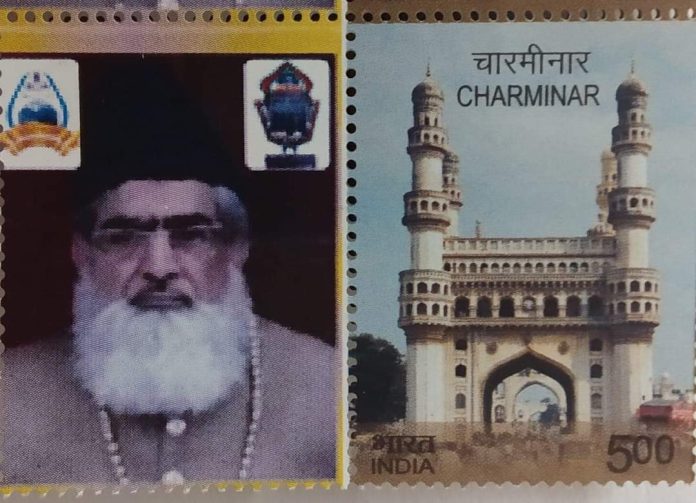– Raheem Khan
Tonk, Rajasthan, Dec. 12: Shaukat Ali Khan, who received the “International Hero in Literature Award” from Cambridge University and was awarded the President’s Award, is now no more. He breathed his last on Saturday night during treatment in Jaipur. He was 87.
Born on 11 July 1936 in the family of Sahabzada Idris Ali Khan of Tonk, Shaukat Ali Khan is a distinguished personality of the Amiriya family. He was the first Director of Maulana Abul Kalam Azad Arabic-Persian Research Institute (APRI).
Sahabzada Shaukat Ali Khan participated in the International Sufism Seminar organized by India in Afghanistan. In view of this, the then President Giani Zail Singh himself considered him worthy of being honored with the National Award. Shaukat Ali Khan also received an award in a seminar organized by UNESCO. Apart from being a writer, historian, translator, and poet, he possessed many salient features rarely found in the world of literature.
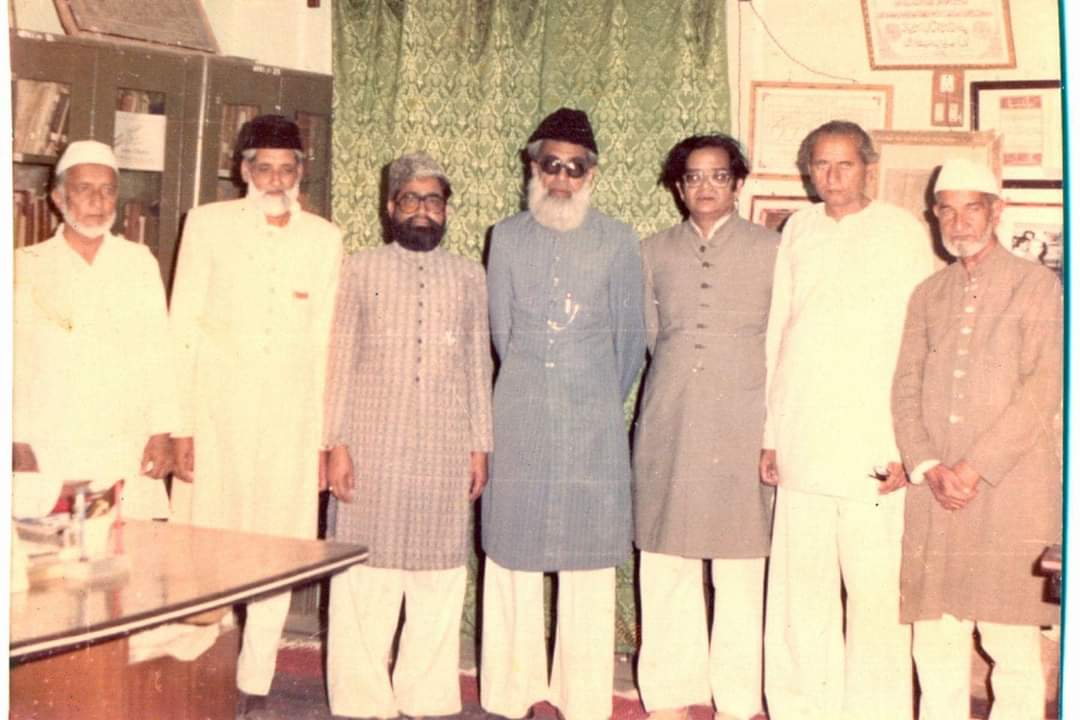
The APRI, which has its own identity in the country and the world, is also the result of the hard work and dedication of Shaukat Ali Khan.
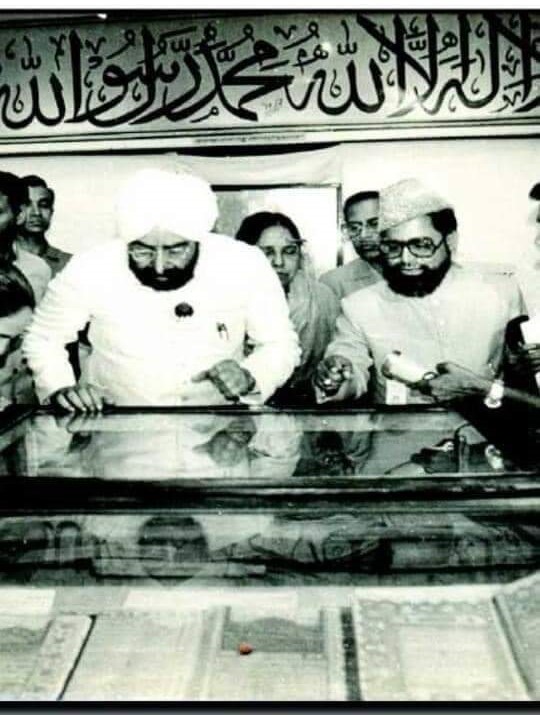
In 1986, then President Giani Zail Singh visited the APRI. At that time, he wrote, “I am happy that such a director and such an organization exists in Rajasthan, due to which Rajasthan is known in the Arabic-Persian world. This happens very rarely. The idea is that someone should establish a path for the simultaneous progress and development of both the languages. I am extremely proud that a single person has created a platform for the progress of the Arabic and Persian languages and made it popular in the world. For this, its director Shaukat Saheb should definitely get the National Award, which he deserves.”
The life of Shaukat Ali had many forms and colors. With his efforts, he not only converted a nursery into an institute but also brought glory to Tonk. The APRI is proof of his pioneering efforts and wisdom. As long as the APRI continues to exist, the name of Shaukat Ali Khan will be there.
Shaukat Ali Khan was initially appointed Nigran of Nawab Mohammad Ali Khan’s library. He collected about 50,000 Makhtutats and wrote about 60 books in different languages – two books in Arabic, 10 in Persian and about 45 in English. He had been carrying out research and writing work for about 40 years. He was a scholar of Arabic, Persian, English, Hindi and Urdu languages. He has also served as a member of many national and international government organizations.
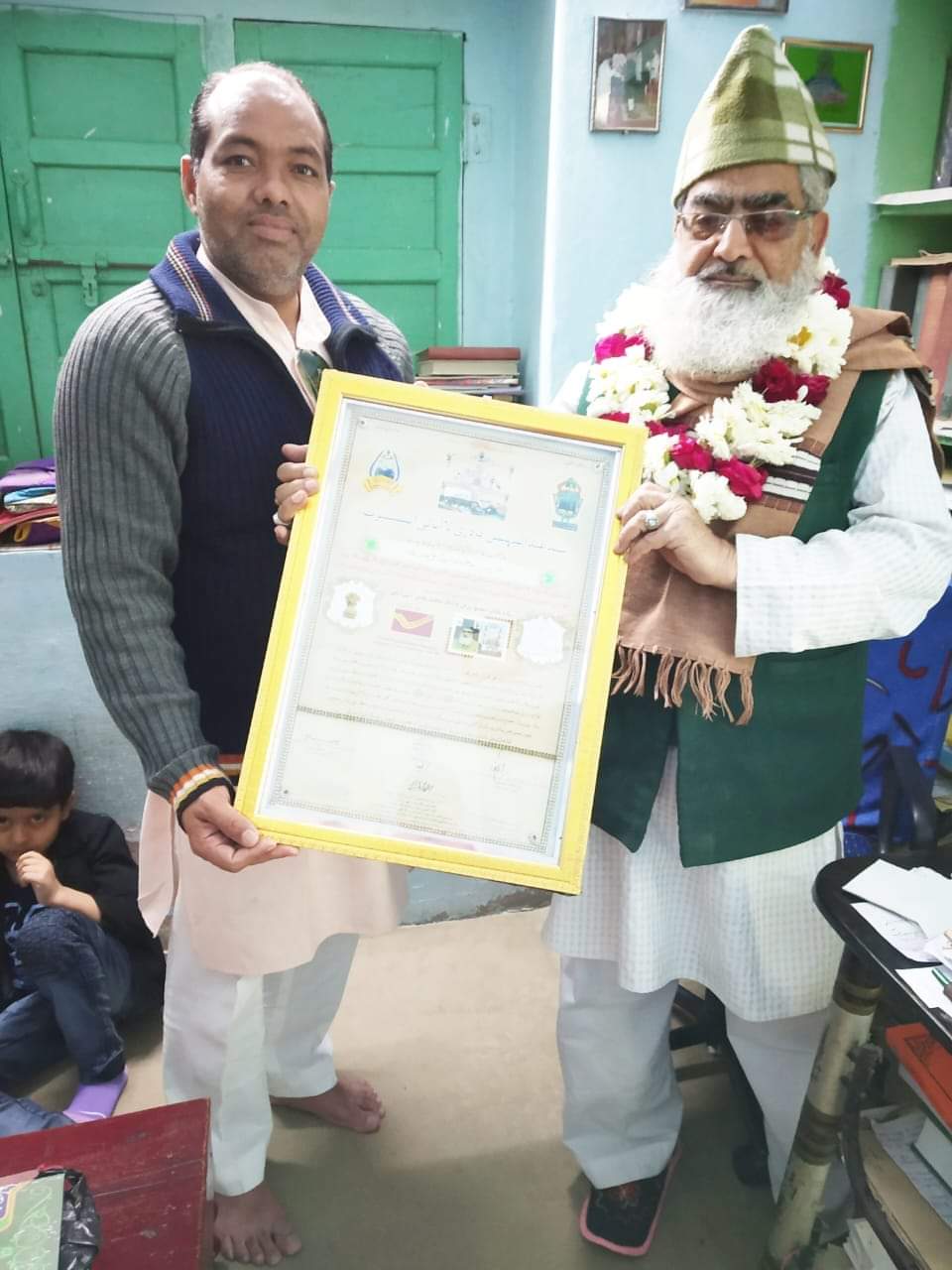 Shaukat Saheb, who presented papers at national and international conferences and seminars, also edited and translated 6000 manuscripts, and published about 300 articles in more than 100 journals in English and Urdu. There is a long list of honors received by him at the national and international levels as well as at the state level. After retirement, he was living his life as a Sufi saint.
Shaukat Saheb, who presented papers at national and international conferences and seminars, also edited and translated 6000 manuscripts, and published about 300 articles in more than 100 journals in English and Urdu. There is a long list of honors received by him at the national and international levels as well as at the state level. After retirement, he was living his life as a Sufi saint.
People across the country, including Mujeeb Azad, Director of Tonk Arabic Persian Research Institute; Sahibzada Mohammad Ahmed Bhayyu Bhai, Chairman of Royal Family Tonk; Retired Research Officer Anwarunnisa Nadira, State General Secretary of Human Relief Society, Tehreek-e-Urdu Rajasthan Advocate Akhtar Khan Akela, Cricket Coach Imtiaz Ali Neelu, have expressed grief over his demise, calling it an irreparable loss for the Arabic-Persian Research Institute, Tonk residents, and the Tonk Royal Family.
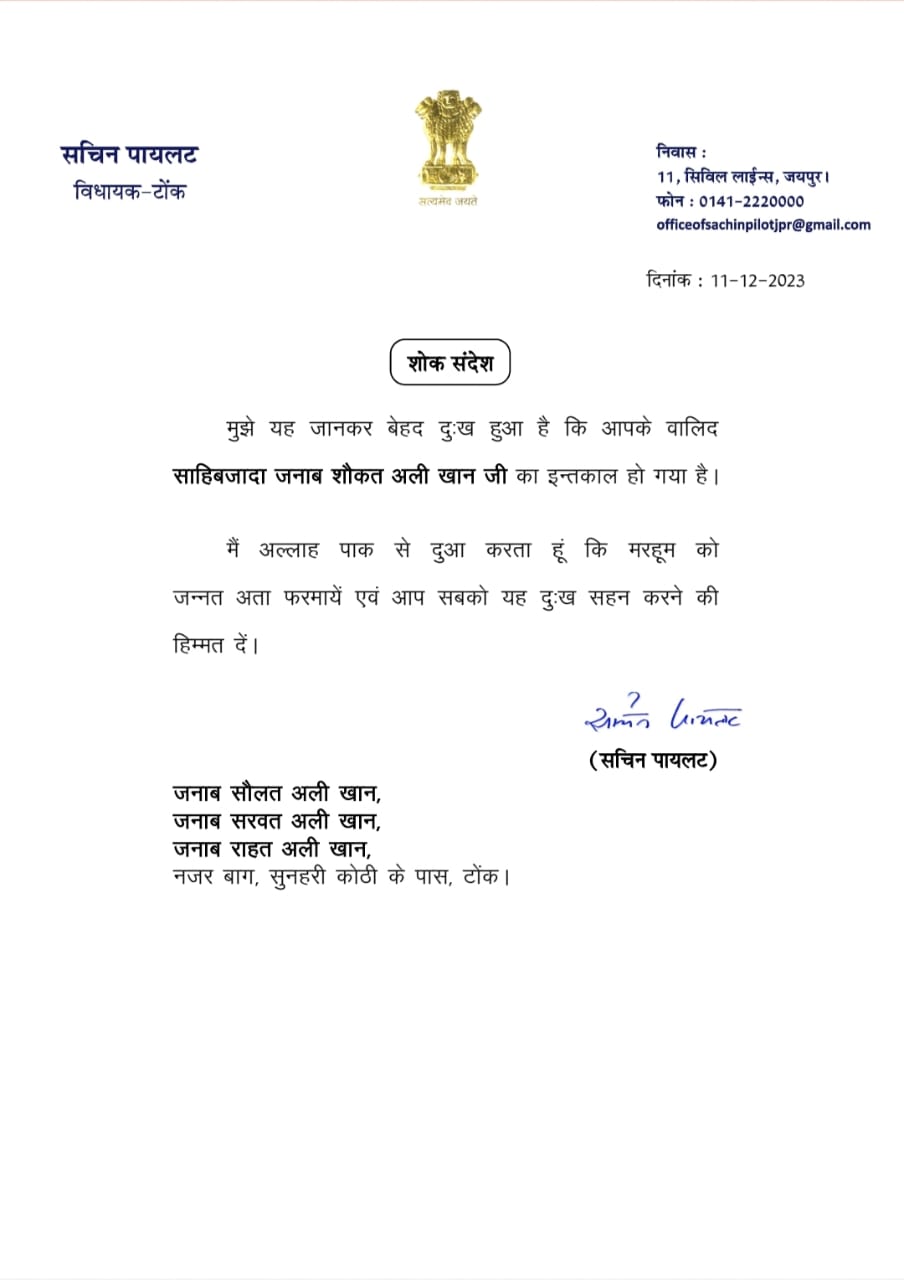
Sachin Pilot, MLA of Tonk has also sent a condolence message.
Chaudhary Akbar Qasmi, national convenor of Sanjhi Virasat Manch, has written that Sahabzada Shaukat Ali Khan was a descendant of Tonk Nawab and was one of the great intellectuals of Rajasthan. No one can deny his important role in establishing a big library (Arabic Persian Research Institute) in Tonk City and in raising it from the ground to great heights. As long as he was able to walk, he stood before writers and research scholars as a bright lamp of hope.
He was indeed a man of knowledge and grace.


